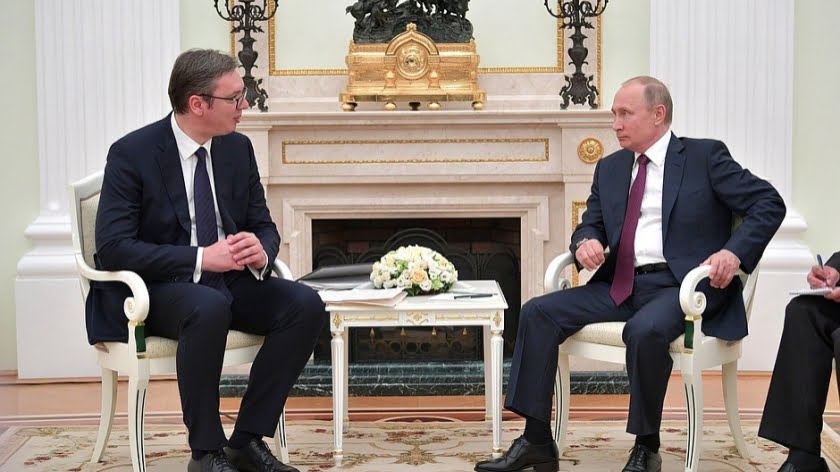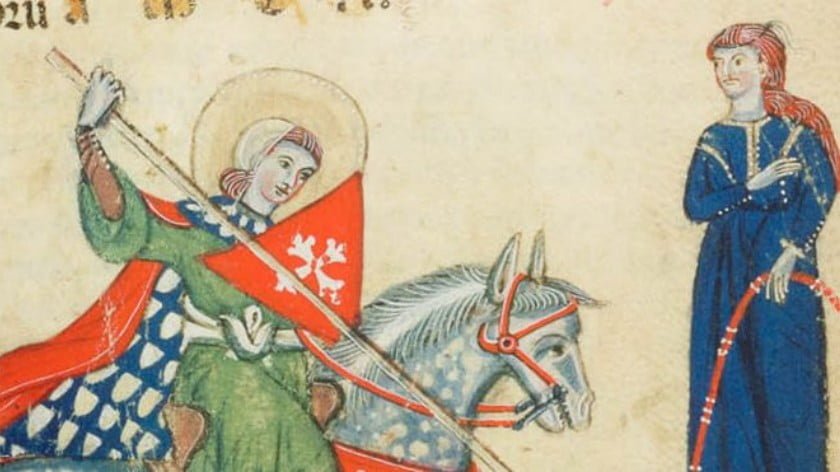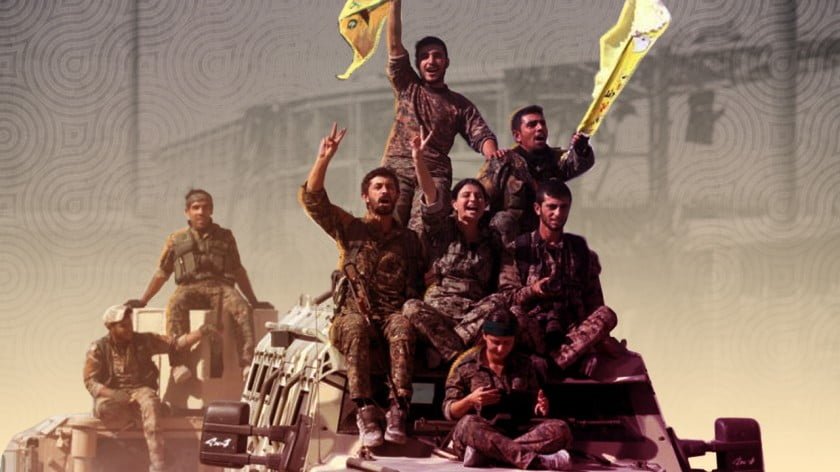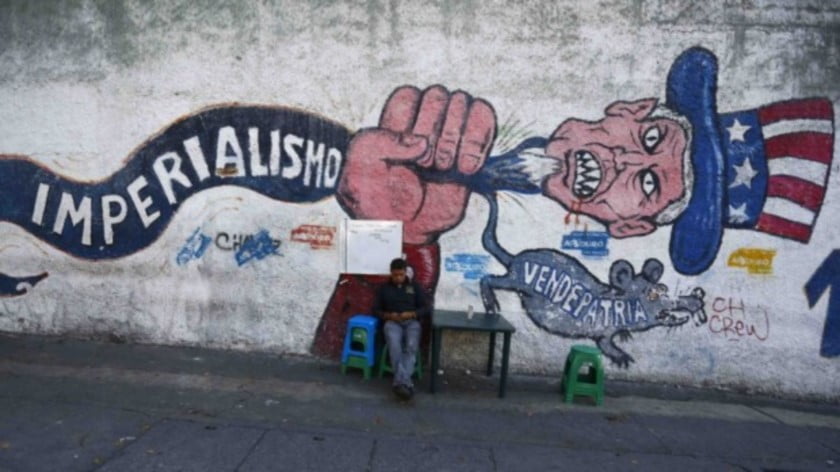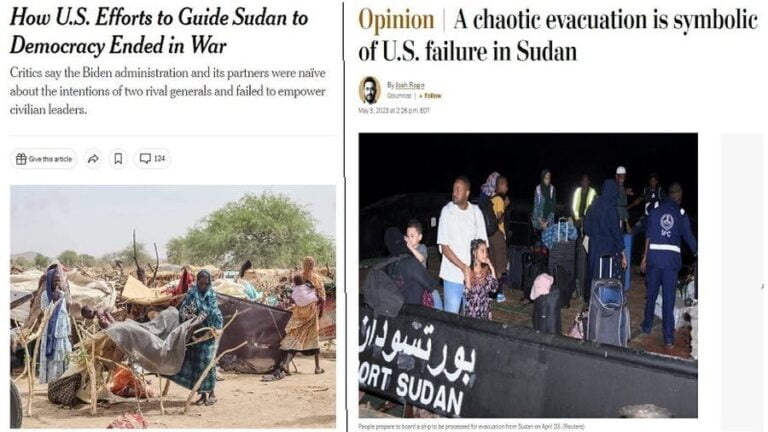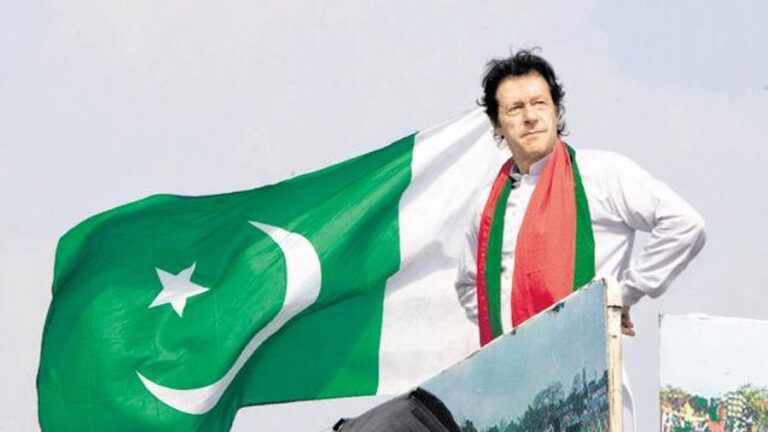Believe It or Not, Two of the Smallest Actors in Europe are Bullying Russia
It sounds absurd at first listen, but Malta and Kosovo — two of the smallest actors in Europe — are bullying Russia by preventing its military overflights to Venezuela and attacking one of its UN staff members, respectively, which appear to be part and parcel of an American-backed perception management plan to weaken Moscow’s soft power and ultimately undermine its Afro-Eurasian “balancing’ act.
The Mainstream Media is full of stories about Russia supposedly “bullying” smaller nations, while Alt-Medianever tires of talking about how the US is doing the same, but neither of them have yet to address the curious fact that two of the smallest actors in Europe have recently bullied Russia. Malta prevented Moscow from making military overflights to Venezuela, while Kosovo just attacked one of its UN staff members with impunity. Although both incidents were separately reported on in the Mainstream and Alternative Medias, they haven’t been tied together as part of the same American-backed perception management plan to weaken Moscow’s soft power. There’s a prevailing notion that Great Powers are supposedly too strong to be bullied by small states, let alone an entity that Russia doesn’t even recognize as “independent”, but that line of thinking has been debunked after what Malta and Kosovo recently did to Russia, which makes Moscow look weak in the eyes of the world.
That’s not just the author’s own interpretation either, since the popular Alt-Media outlet “South Front” published a piece about the Kosovo incident in which they analyzed the following (bold text is from the original):
“The goal of the action was to demonstrate to the Serbs that they would receive and can receive no real support from Russia. This provocation is intended to demonstrate to the Balkans, Europe and the entire world that the current Russian political leadership has no real will and instruments to impact the situation in the Balkans…All is waiting for a Russian response. In the established situation, Russia would save its face in the event of changing the current language of statements to the language of ultimatums and real actions against both the Kosovo and Albanian leadership. If Russia sit down under this provocation, its positions on the international scene would be undermined. Russia would lose its image among the Serbs even further, and the “European integration” concept would get an additional momentum.”
“South Front” is correct in its assessment, even if it’s hinting at a “wishful thinking” outcome of Russia actually doing something tangible to Kosovo in response. That’s not going to happen, exactly as it also didn’t when it came to Malta’s provocation either.
Russia simply doesn’t have the political will to kinetically respond to either of them, let alone disproportionately, which isn’t necessarily a sign of weakness in and of itself for those who understand these realistic limitations but could easily be framed as such for the unaware and very impressionable international audience. The intent in doing so is to craft a “David vs. Goliath” narrative of European “underdogs” “standing up” to Russia and even to President Putin personally, which in turn is designed to disrupt Moscow’s Afro-Eurasian “balancing” act by inspiring other countries and especially Great Powers to test the limits of its responses. In tangible terms, some of Russia’s new partners and even traditional rivals alike might start playing “hard ball” with it to see how far they can go in promoting their interests at Moscow’s strategic expense, which could undermine its carefully crafted foreign policy precisely at the point when it’s experiencing two very sensitive systemic transitions at home and might therefore cause many unexpected problems for it.
By Andrew Korybko
Source: Eurasia Future

